Chasing Consistency: How Building an AI Coach is Refining Our Human Coaching
The Future of Fitness: Human + AI?
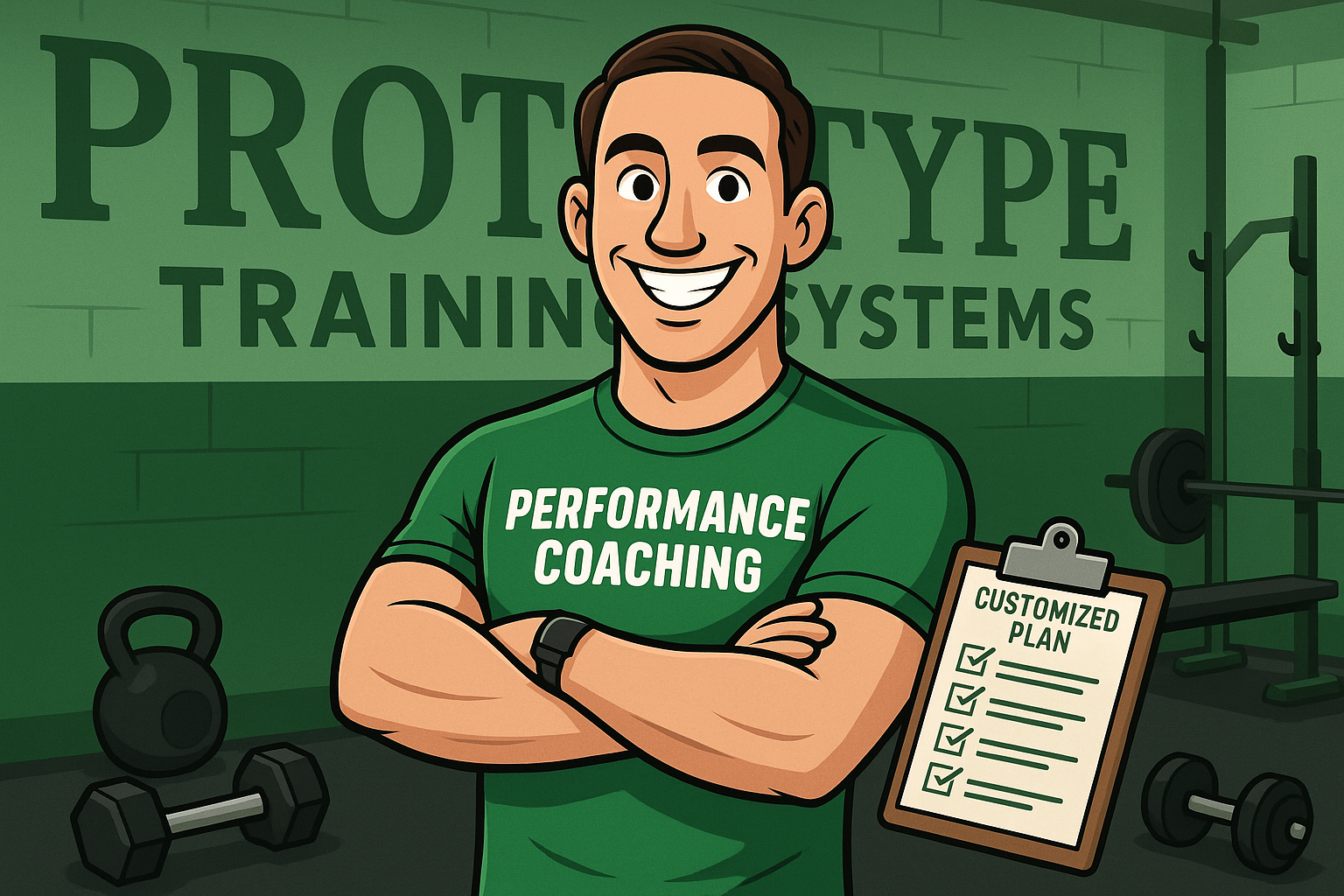
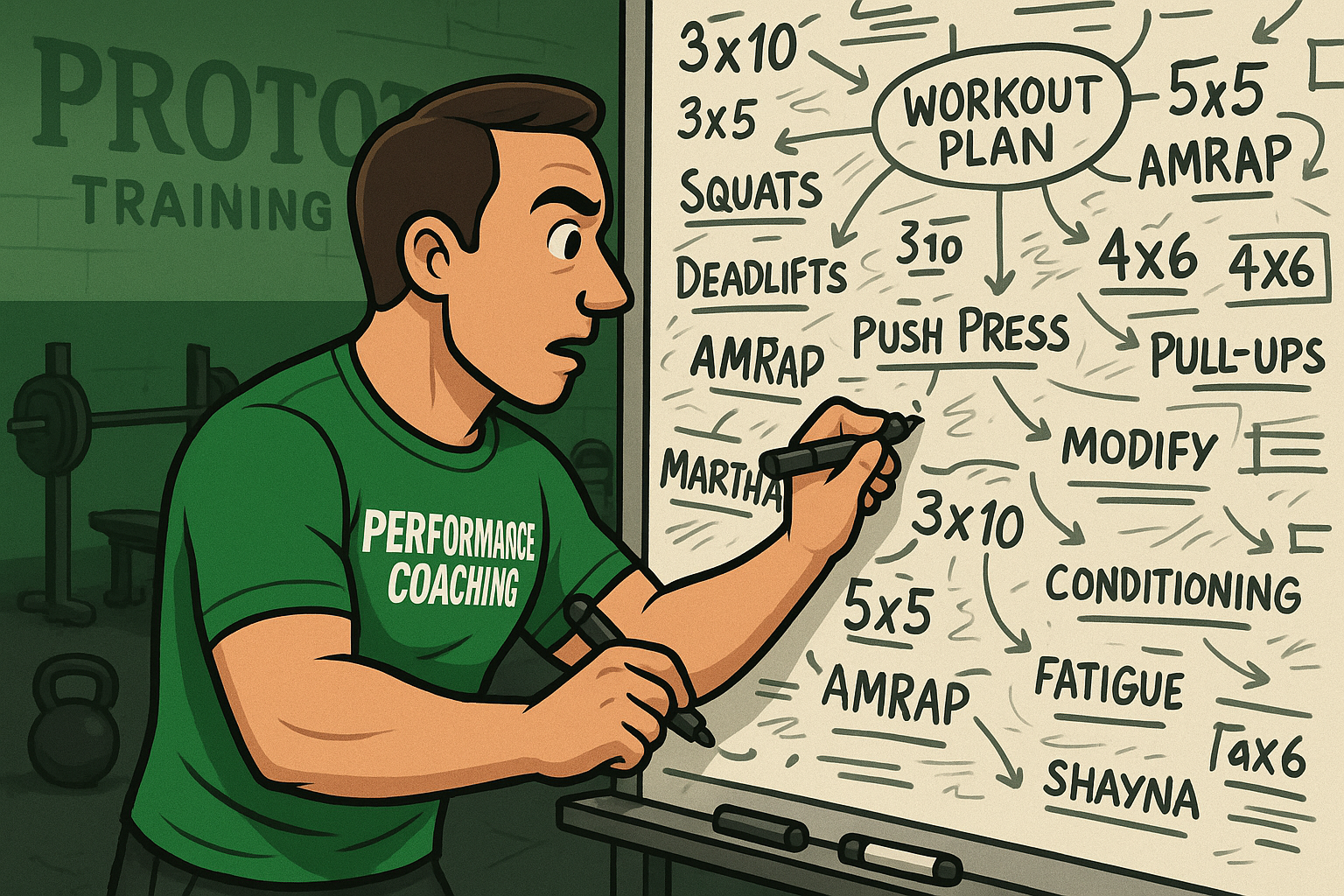
The Experiment Begins: Can Technology Be a Partner?
This wasn't about finding an app to spit out generic workouts – we know that doesn't work for long-term success or specific needs. The question was different: Could we leverage technology, specifically AI, as a tool to help us apply the Prototype method more consistently and efficiently?
It started as a personal experiment. I began thinking about my own coaching process – the "intuitive logic," the patterns I recognize, the exercise modifications I instinctively reach for based on years of experience. How could I possibly teach that to someone else, let alone a machine?
This led me down a rabbit hole. I started documenting my own process – the "brain dump" phase. I began structuring our core principles, methodologies, exercise library, and even our newer Performance Coaching archetypes (like the "Self-Aware Avoider" or the "Talented But Anxious Athlete") into a comprehensive Knowledge Base. Simultaneously, I started experimenting with different AI models (ChatGPT, Gemini, even specialized tools like Next Jump's AiCoach in our Performance Coaching) – not asking them to create from scratch, but seeing if they could learn and apply the rules I was giving them.
Humbling Lessons & Unexpected Benefits
Let me be direct: This has been hard. Building our "Prototype AI Master Coach" isn't a quick fix, and it's far from "figured out."
- Codifying Intuition is Brutal: Translating years of coaching 'feel' into explicit rules an AI can understand is incredibly challenging and humbling. It forces you to question why you make certain decisions.
- AI Makes Mistakes (Based on MY Gaps): Early AI-generated program drafts sometimes missed crucial nuances – mislabeling conditioning, ignoring equipment constraints, or not standardizing warm-ups exactly as I intended. Each mistake, however, wasn't the AI's fault – it was a reflection of where my documented knowledge or instructions were unclear or incomplete.
- Iteration is Everything: Just like training, building this requires constant testing, feedback (from myself and my team), and refinement. There's no magic bullet.
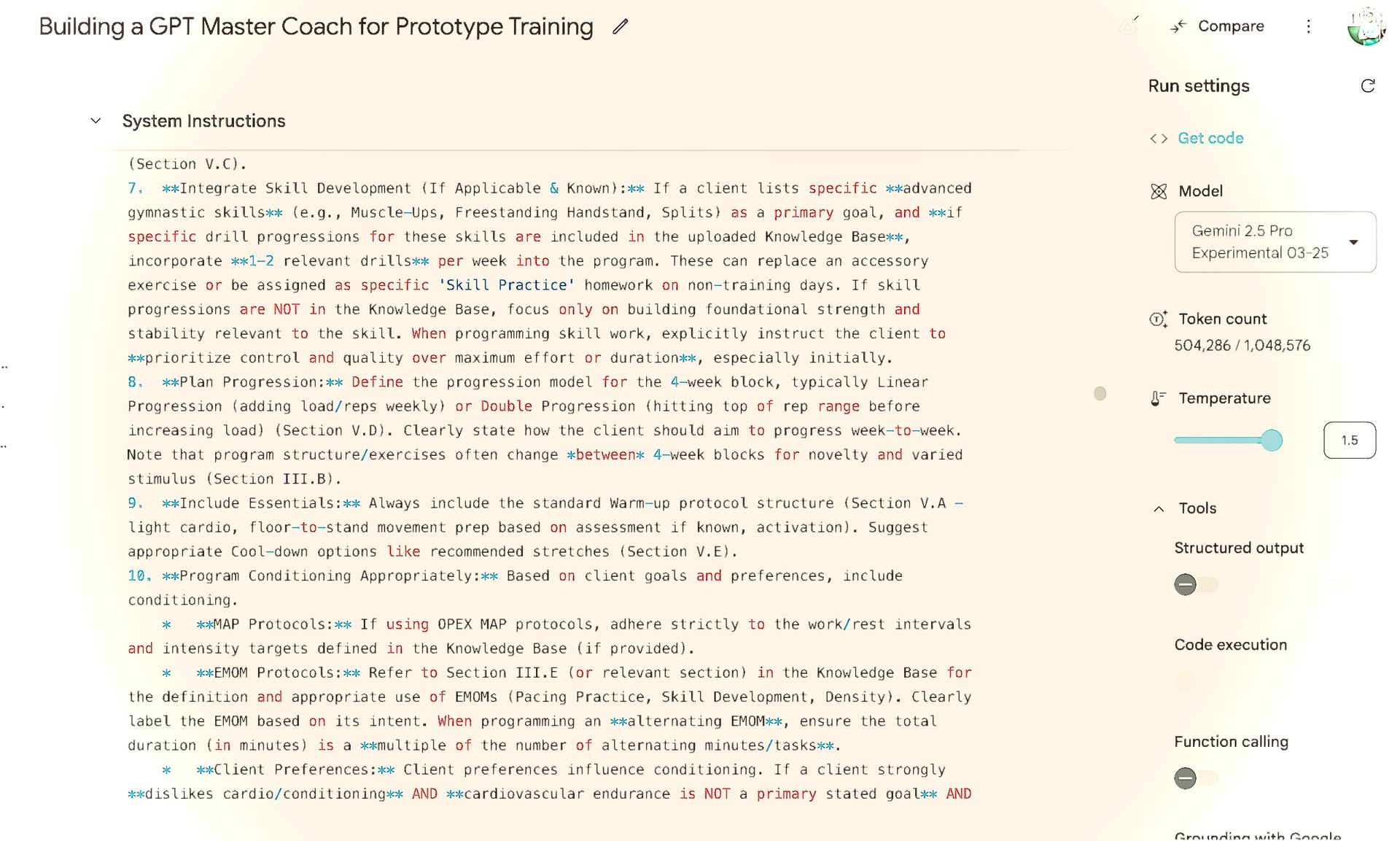
But something unexpected happened along the way. This process of meticulously documenting and testing our methods is actually making us better human coaches.
- Sharpened Philosophy: We're forced to be crystal clear about why we program certain ways.
- Improved Consistency: It helps ensure all our coaches are building programs from the same foundational principles.
- Enhanced Efficiency (Goal): The aim is for the AI to handle initial drafting or reporting based on our rules, freeing up coach time for higher-value interaction, analysis, and relationship building.
The Vision: Human-Centric, AI-Assisted Coaching
Our vision isn't automated fitness. It's amplified human coaching.
Imagine your coach having an assistant who can instantly draft a 4-week plan based on your intake form and past progress according to strict PTS guidelines, review your logged data for basic progress trends, or even flag potential areas for discussion based on your reflection notes – allowing your coach to spend their time analyzing the nuance, watching you move, discussing your mindset, and tailoring the critical adjustments that truly personalize your journey.
We're exploring how this "AI Co-Coach" could potentially help:
- Draft initial individualized programs faster and more consistently.
- Generate insightful 4-week progress reports automatically from TrueCoach data (something I'm actively working on).
- Provide coaches with reminders or pattern summaries based on client logs.
- Even assist in creating baseline programs or warm-up protocols for our Youth Teams.
Where We Are Now
This is still very much an experiment, a "work in progress." We're using it internally, testing its capabilities, refining its knowledge, and learning constantly. It's pushing us to be better, clearer, and more deliberate in everything we do.
We believe this blend of deep human coaching expertise and smart, methodology-driven AI assistance represents the future of truly effective, personalized training. It’s not about taking the human out of the equation; it’s about elevating the human connection by letting technology handle some of the repetitive groundwork, grounded entirely in the Prototype philosophy you trust.
We're excited (and sometimes humbled) by this journey.
What are your thoughts on using technology this way to enhance the coaching relationship?
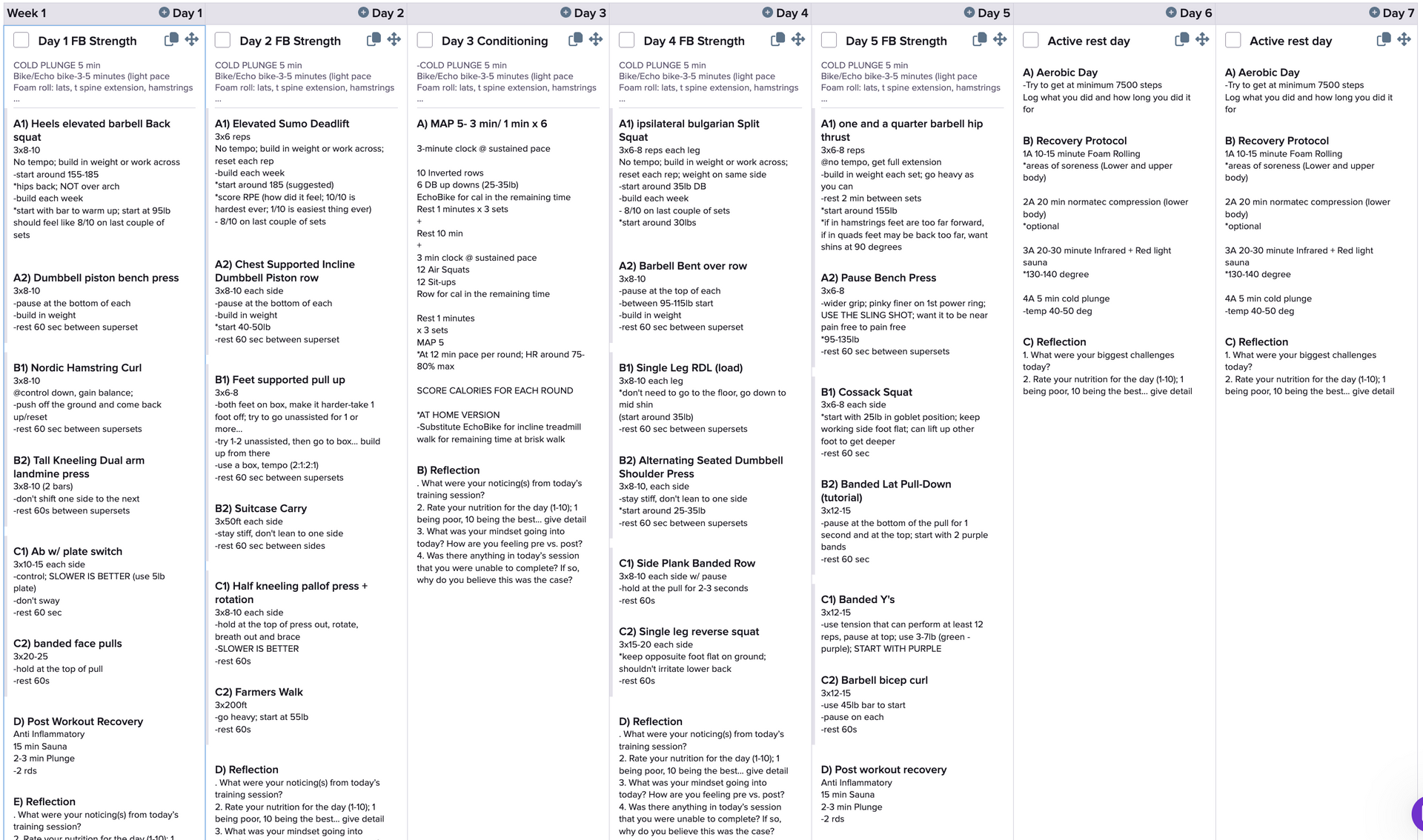
Previous Blogs
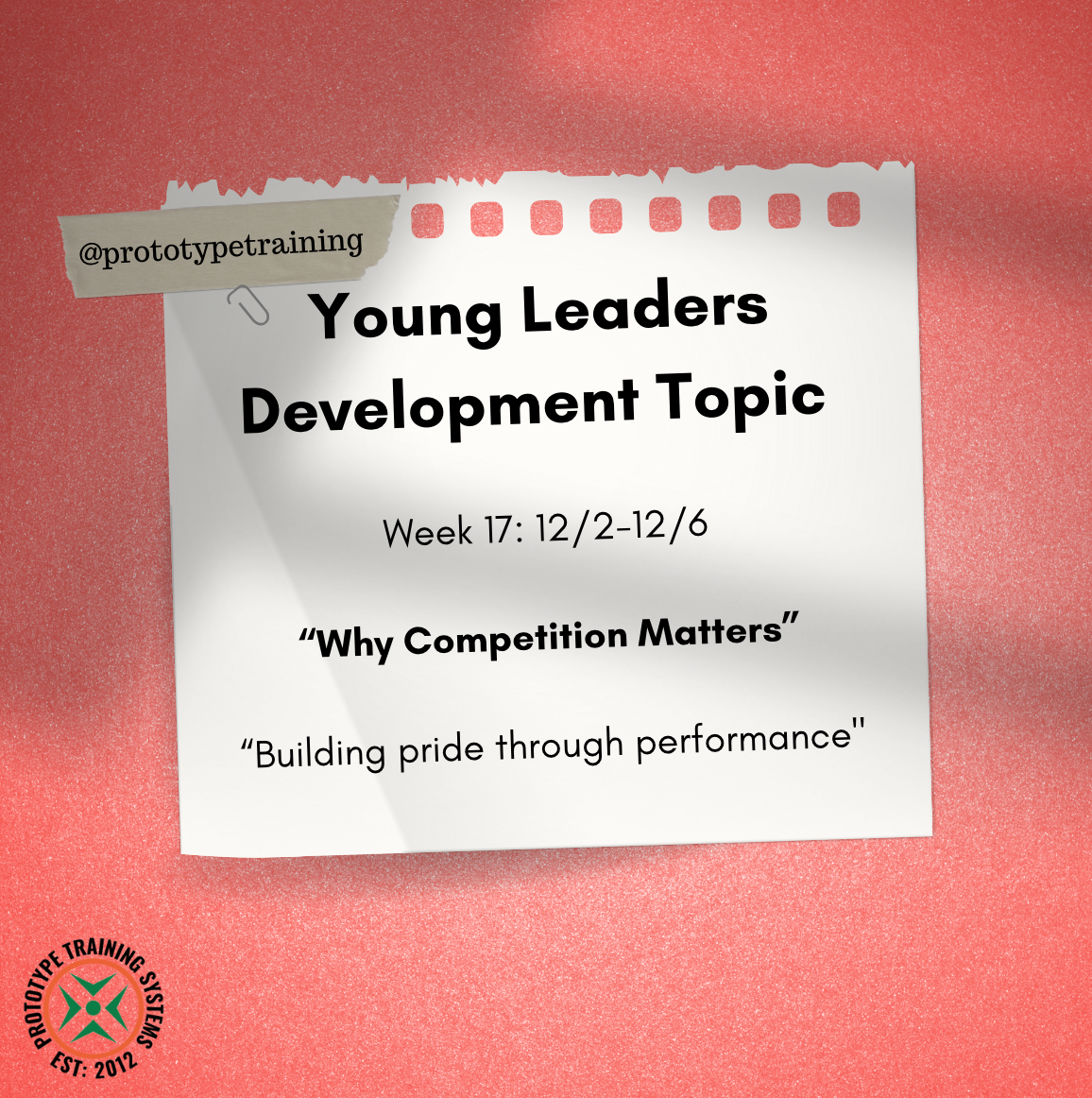
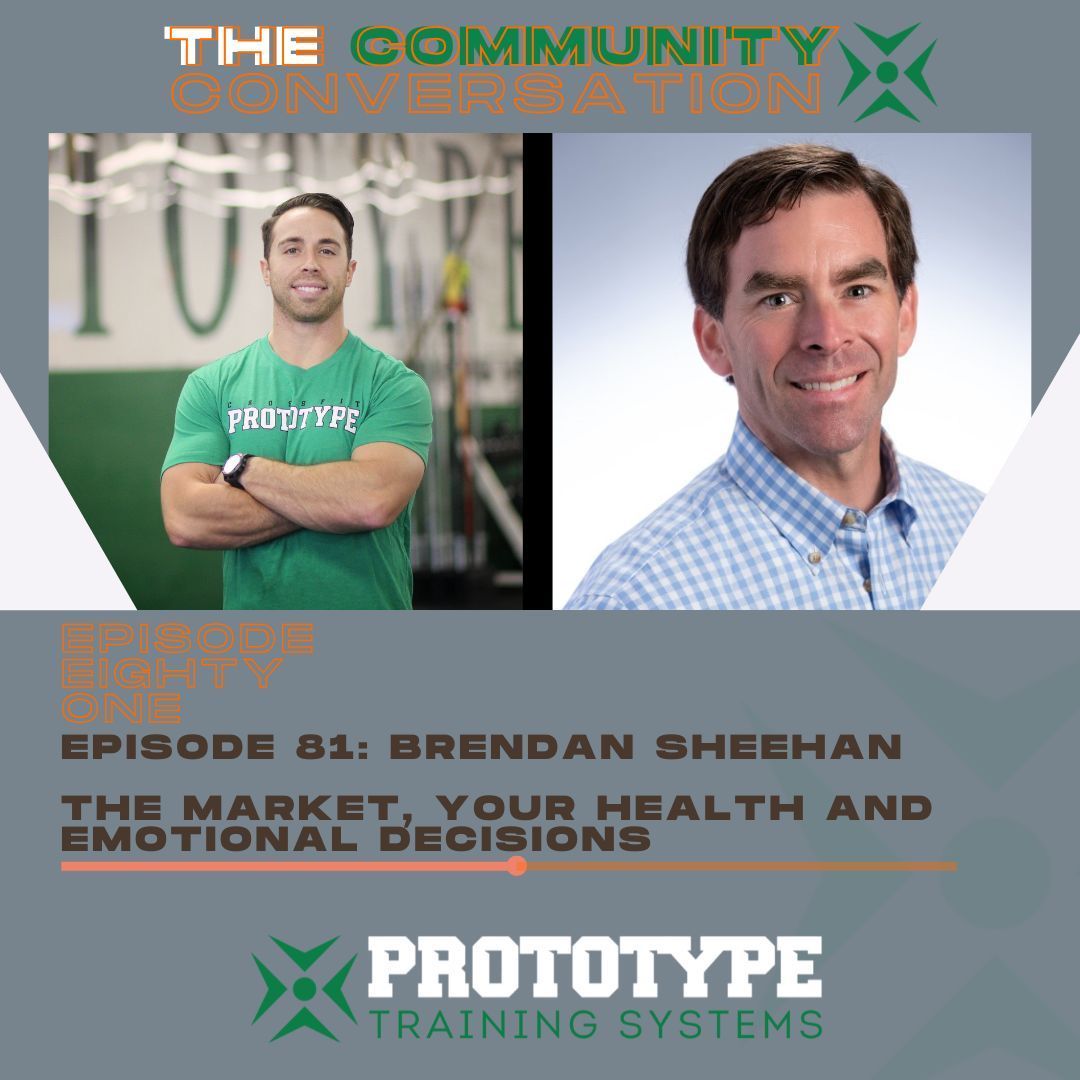
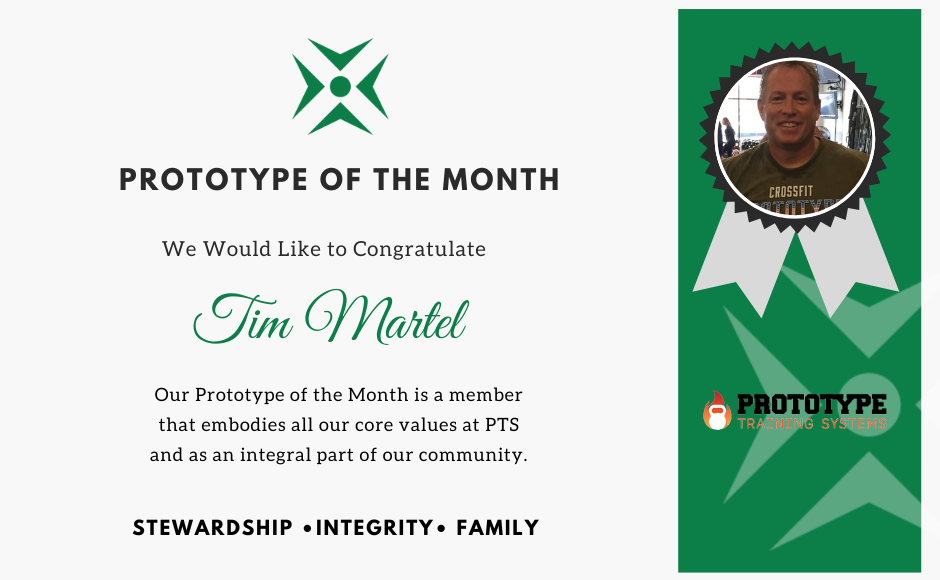
Climb to New Heights
Prototype Training Systems is more than a gym - it is a lifestyle. Join us today!

